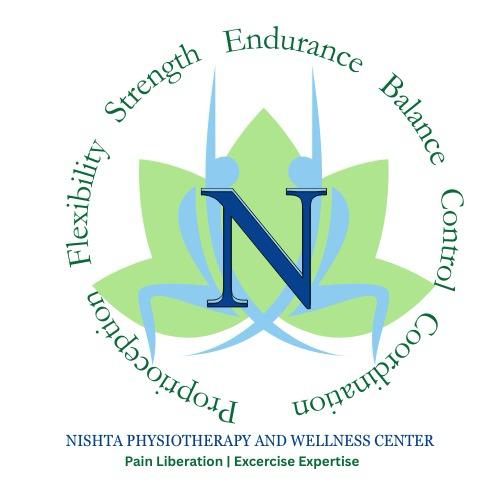What is Speech Therapy?
Speech therapy is a treatment that helps people improve their speech and language skills. It can help both children and adults who have trouble speaking, understanding, or communicating. In many cases, speech therapy also helps with swallowing problems. A certified speech-language pathologist, often called a speech therapist, leads these sessions. According to the World Health Organization (WHO), early support can make a big difference. Because of this, many families seek help as soon as they notice concerns.
Common Speech and Language Disorders Treated
Speech therapy can help with many different problems. Some of the most common speech and language disorders include:
Speech therapy for children often focuses on speech sound and language disorders. On the other hand, speech therapy for adults may address voice, swallowing, or speech changes after a stroke or injury.
Signs and Symptoms That May Need Speech Therapy
Many signs can show a need for speech therapy. For example, children may:
Adults may notice:
If you notice any of these signs, it is important to seek help. Early action can lead to better results.
How Speech Therapy Works
Speech therapy starts with an assessment. First, the speech therapist will talk with you or your child. They may ask questions and use simple tests to check speech, language, and swallowing skills. After the assessment, the therapist creates a treatment plan. This plan is based on each person’s needs. Sessions may include:
Sessions can be one-on-one or in small groups. Some people may need only a few sessions, while others may need longer support. Speech therapy for adults and children is always tailored to the individual.
Benefits of Speech Therapy
Speech therapy offers many benefits. For example, it can:
According to the CDC, early speech therapy can lead to better long-term outcomes. Adults who receive therapy after a stroke or injury often regain important skills. Children who start early may catch up with their peers more quickly.
Tips for Supporting Speech Therapy at Home
Families play a big role in speech therapy success. Here are some tips to help at home:
For adults, practicing speech therapy techniques at home can speed up progress. In addition, joining support groups can help build confidence.
Prevention and Early Intervention
Early action can prevent some speech and language problems from getting worse. For example, regular hearing checks can catch issues early. Reading and talking with young children every day also supports language growth. If you notice any delays, do not wait. Early intervention services can help children and adults reach their full potential.
In summary, speech therapy can help people of all ages improve their communication and quality of life. If you have concerns, consult a certified speech therapist for personalized advice and support.

